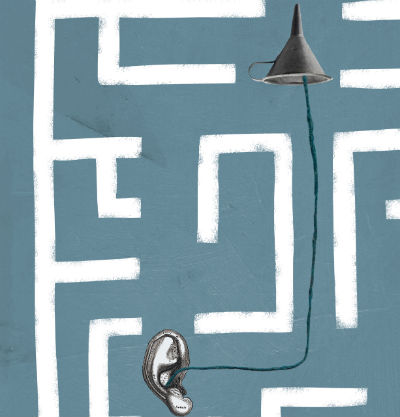Submitted by jhortolani on
This report is part of CRIN's access to justice for children project, looking at the status of the Convention on the Rights of the Child (CRC) in national law, the status of children involved in legal proceedings, the legal means to challenge violations of children’s rights and the practical considerations involved in challenging violations.
Andorra has ratified the Convention on the Rights of the Child (CRC) and all its three Optional Protocols. The CRC takes precedence over national laws and can be directly enforced in the courts, but the UN Committee on the Rights of the Child has criticised Andorra for its lack of implementation of the Convention as it has yet to establish consolidated laws concerning children. National legislation also lacks in terms of systematic integration of the best interest of the child. Legal challenges by children against potential violations of their rights can be addressed either in front of the Ombudsman or the ordinary courts and must be brought with the help of a representative or guardian. Constitutional complaints regarding children’s fundamental rights are available and can be appealed to the Constitutional Court. The Bar Association of Andorra offers a scheme for pro bono legal assistance which is available to children and their representatives and specialised procedures are applied in cases of child victims giving evidence. In criminal proceedings, limitation periods do not commence until a child reaches the age of 18. Non-governmental organisations can file challenges of potential children’s rights violations in the criminal and civil courts, if they are legally constituted associations or corporations, and seek to defend a specific interest group. Once domestic remedies have been exhausted, children may submit complaints to the European Court of Human Rights and to the UN Committee on the Rights of the Child under the third Optional Protocol to the CRC on a complaints procedure.

